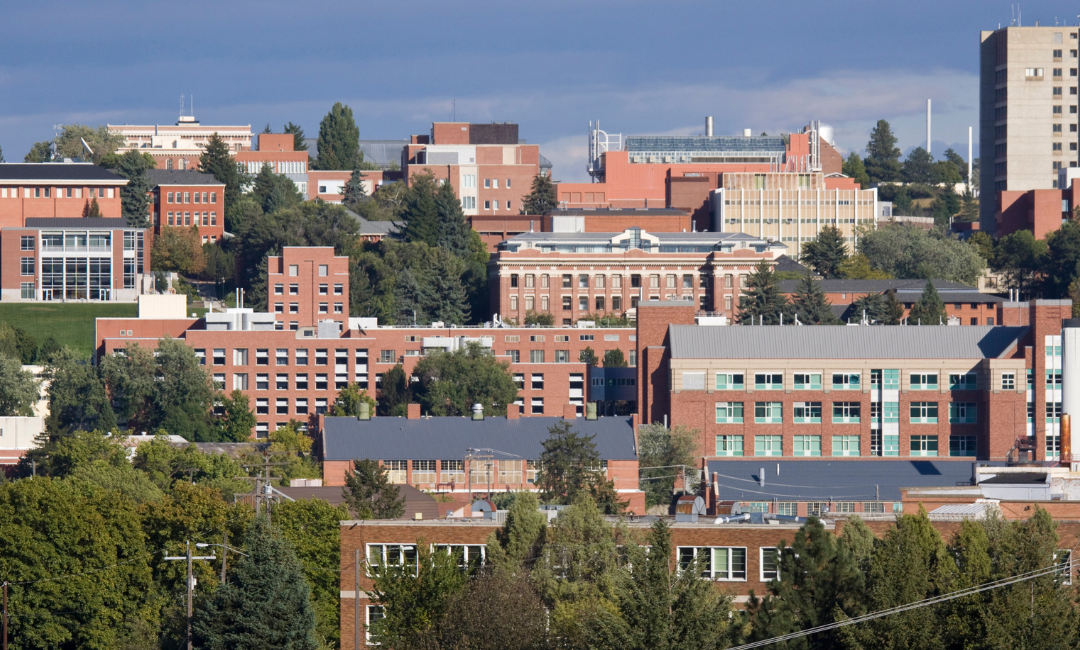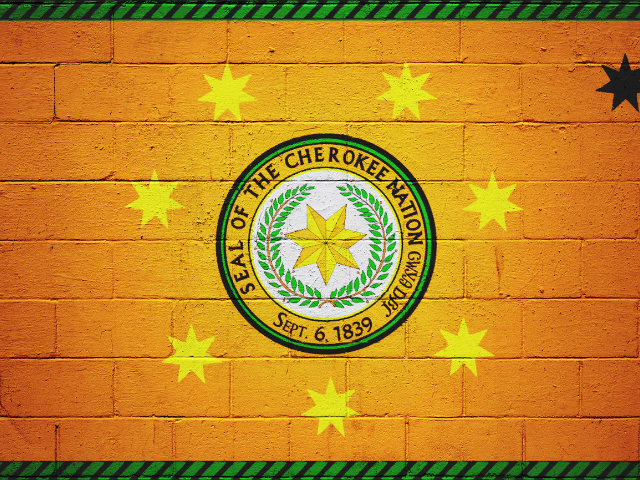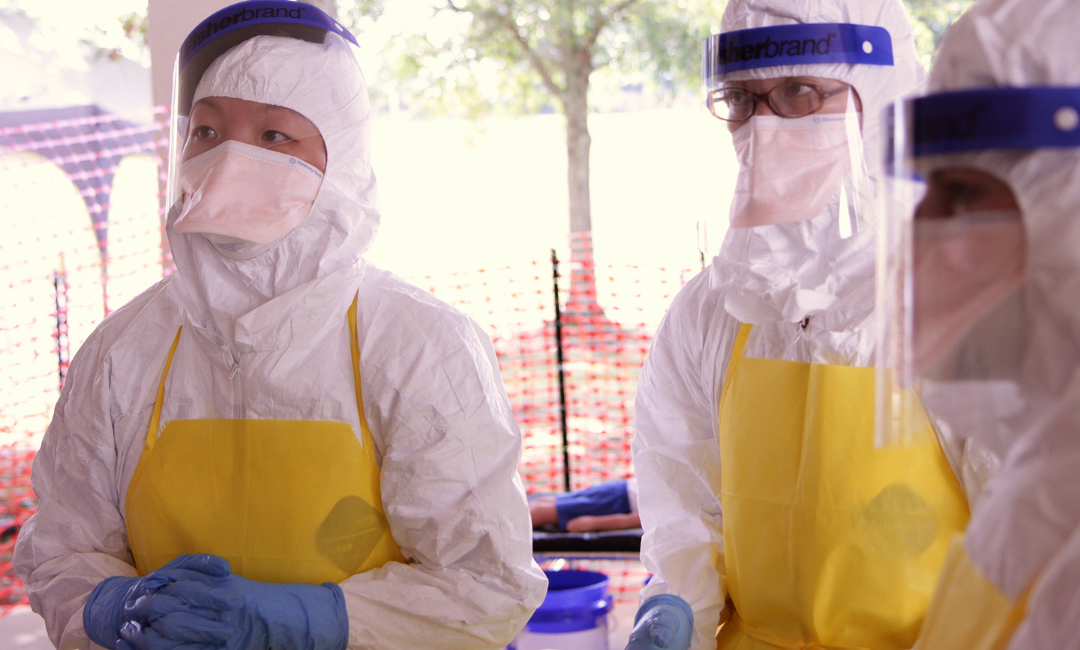University Programs Could Bridge Indigenous Healthcare Gaps
Texas A&M Health announced in late October that its Center of Excellence in Forensic Nursing and IHS entered into a five-year, $5.5 million contract to improve its forensic healthcare services. The center has tailored its continuing education programming for IHS providers and “is advising on local program improvements and sustainability strategies.”
IHS Director Roselyn Tso said in a Texas A&M Health news release that her commitment to improving forensic healthcare services is “deeply personal.”
“The pressing issue of violence calls for competent and compassionate care from health professionals who are trained to provide medical forensic care and treatment,” Tso said. “Through this partnership, our efforts will be bolstered through trainings, education and technical assistance aimed at assisting victims of violent crimes.”
Data from the Association on American Indian Affairs shows that American Indians and Alaska Natives are two-and-a-half times as likely to experience violent crimes compared to other races, including nearly 85% of women.
Stacey Mitchell, DNP, director of the center and a clinical professor in the Texas A&M College of Nursing, stated in the release that the collaboration will allow for “better access to trauma-informed, patient-centered care.”
IHS also has expanded its reach in Arizona, issuing a $1.6 million grant to the University of Arizona College of Nursing to fund its Indians in Nursing: Career Advancement and Transition Scholars (INCATS) program for five years.
Timian Godfrey, DNP, an associate clinical professor at the College of Nursing and director of the INCATS program, said in a news release that the grant supports Indigenous nursing scholars and builds a connection “with tribal communities in Arizona to strengthen the tribal nursing workforce.”
The grant, according to Godfrey, is expected to support up to six students each year.









